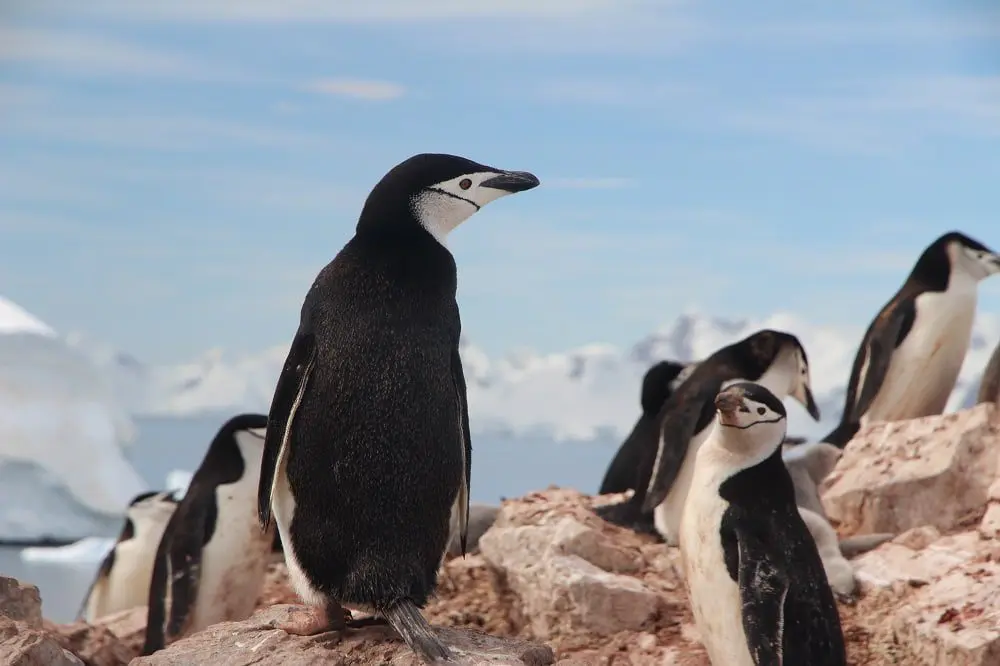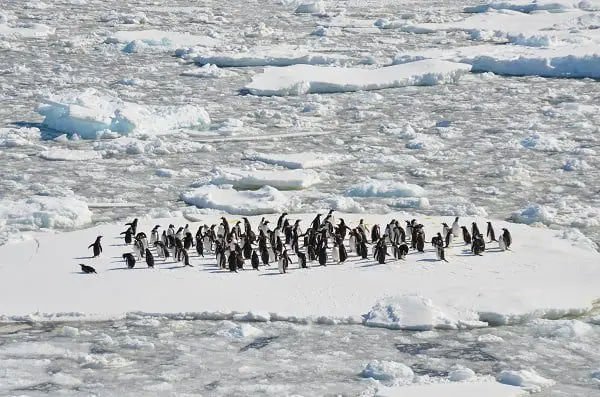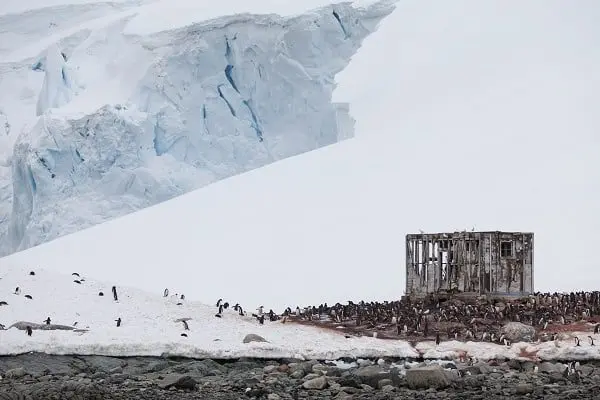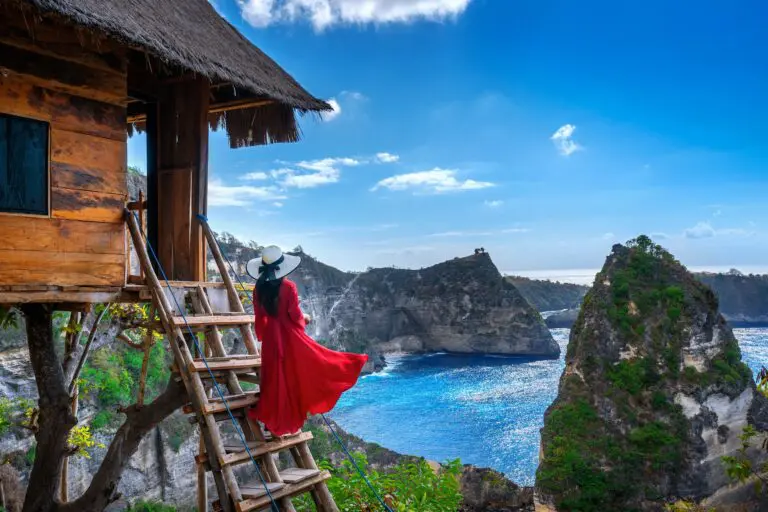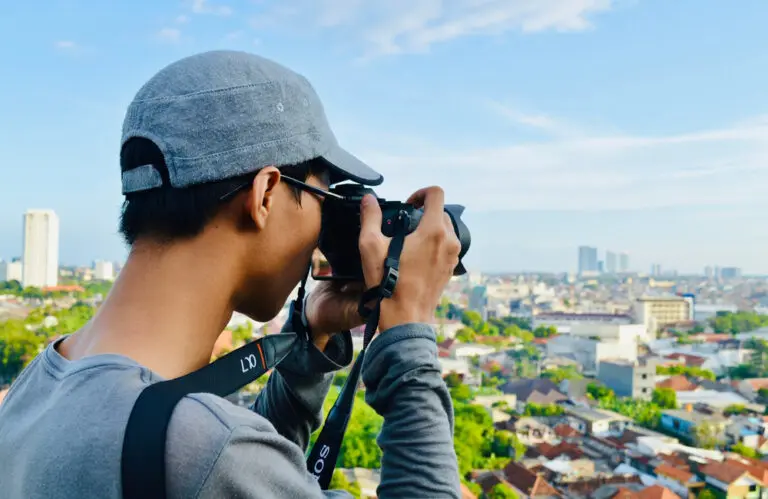Rising interest in travel to Antarctica has seen China put new safeguards in place to protect its future.
With more Chinese travellers heading to the icy continent than ever before, the Chinese government this month issued a new set of rules to abide by while visiting.
The rules warn against hunting, leaving any solid waste behind and touching or feeding the penguins, the South China Morning Post reported.
Anyone found breaking these rules risks being banned from the area for up to three years.
According to the International Association of Antarctica Tour Operators (IAATO), around 5,500 Chinese visited last year – making up 12% of all tourists. China has overtaken Australia to become the second largest market for travel to the destination after the US.
Overall tourism numbers have risen from less than 2,000 visitors in the 1980s to more than 45,000 last year, despite the high cost of travel to the destination.
Although the figures pale in comparison to those of other destinations, they are considered high for an area as fragile as Antarctica.
The short time, often just a few hours, that tourists spend on shore is considered “high-impact” time with rising numbers concentrated in the few areas where most landings take place. And there are concerns over air pollutants carried into the area by cruise ships.
But although climate change is negatively impacting Antarctica, the impact of tourism is being kept under control, according to industry experts.
Co-founder of polar cruise specialist Aurora Greg Mortimer told KarryOn that in the most visited parts of Antarctica, there is “no observable environmental difference or damage from tourism”.
Measures put in place by IAATO have minimised the impact, according to Greg Carter, co-founder of Chimu Adventures – an opinioned shared by Antarctica expert Thomas Bauer who is professor of sustainable tourism at Central Queensland University.
“I am of the firm opinion that Antarctic tourism is the best managed tourism in the world and that it poses no risk to the fauna or flora of the places visited.”
However a recent international study advised vigilance.
“We need a more concerted effort that includes things such as the effects of tourism and better monitoring of dedicated conservation areas,” the study’s lead author Professor Peter Stoett of Concordia University said.


